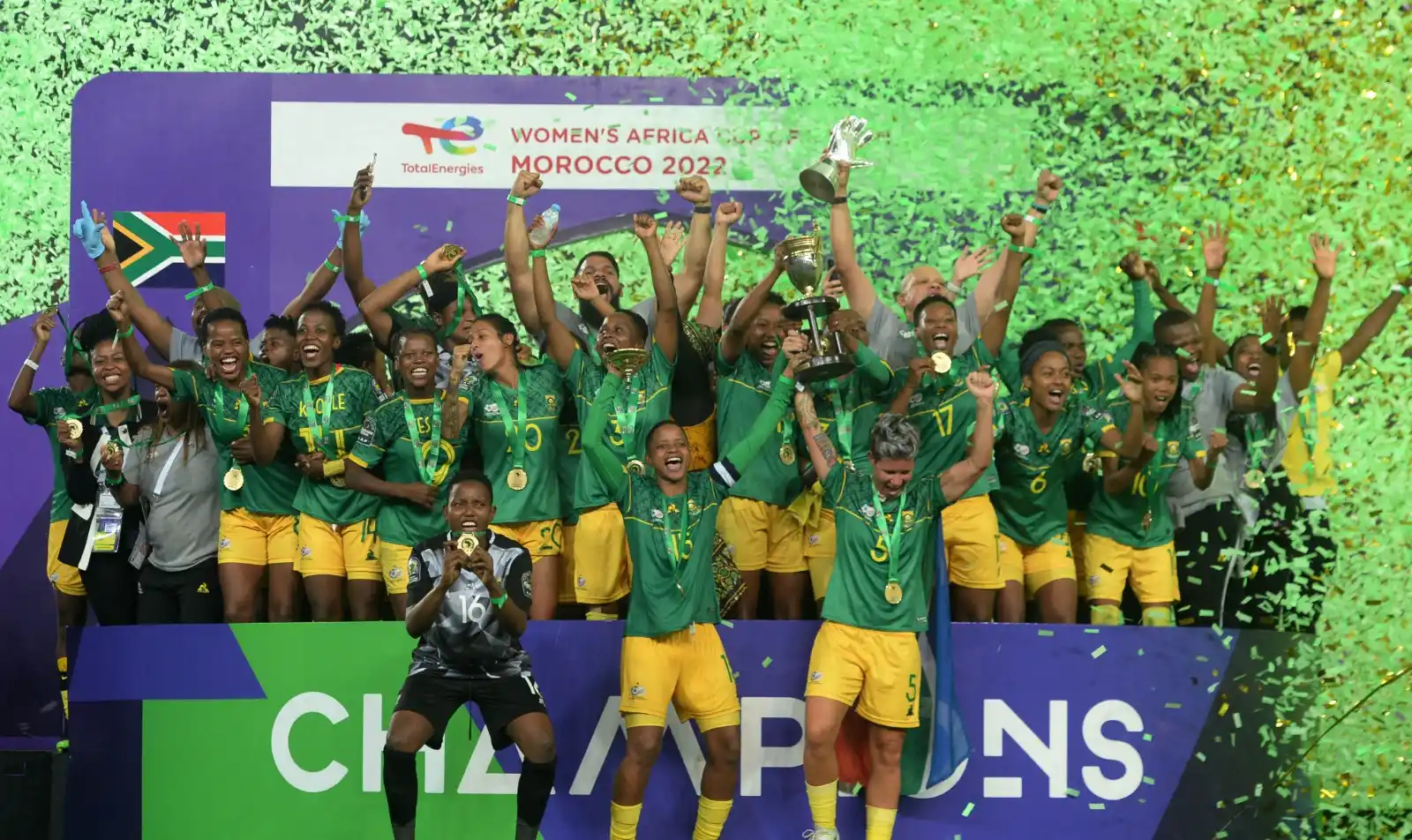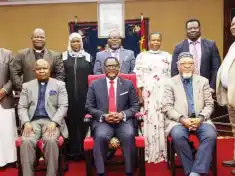A wave of discontent is rising among Malawians concerned with the state of public broadcasting in the country.
A group of concerned citizens has taken a bold step by petitioning the Malawi Communications Regulatory Authority (MACRA) over what they describe as blatant bias and misconduct at the Malawi Broadcasting Corporation (MBC).
The group, led by Edwards Kambanje and Oliver Nakoma, accuses MBC—under the stewardship of Director General George Kasakula—of compromising its public service mandate in favour of politically biased messaging.
According to the petition, MBC is said to have adopted a one-sided political narrative, often ridiculing opposition figures and suppressing dissenting views through its programming.
This, the group argues, violates the fundamental principles of impartiality, objectivity, and professionalism that are supposed to govern public broadcasters in a democratic society.
They further warn that MBC’s continued airing of politically divisive content has the potential to trigger civil unrest, as it polarises communities and undermines the national spirit of unity.
Central to the group’s complaint is the controversial program “Timvetse,” which they claim promotes propaganda, misinforms the public, and marginalises alternative voices in national discourse.
The petitioners have requested that the CRA take immediate and decisive action, including the dismissal of Mr. Kasakula from his position as Director General of MBC.
Additionally, they are calling for the suspension or permanent banning of the “Timvetse” program, which they regard as a source of national discord.
In a bold move, the citizens have issued MACRA a seven-day ultimatum to act on the matter.
They assert that any inaction by the regulatory authority will be interpreted as a deliberate endorsement of unethical broadcasting and complicity in the erosion of national peace.
Their concern raises serious questions about the role of state broadcasters in safeguarding democratic values, especially in times of political polarisation
MBC, as a taxpayer-funded institution, is mandated to serve all Malawians equally, not to become a tool for political influence or partisan propaganda.
The call for accountability underscores the growing demand from the citizenry for media institutions to maintain neutrality, uphold professional standards, and prioritise institutional cohesion over political allegiance.
MACRA now finds itself under intense scrutiny, with the public watching to see whether it will uphold its regulatory responsibilities or cave to political pressure.
The outcome of this petition could set a precedent not only for media governance in Malawi but also for how public institutions respond to citizen demands in a democratic society.








0 Comments